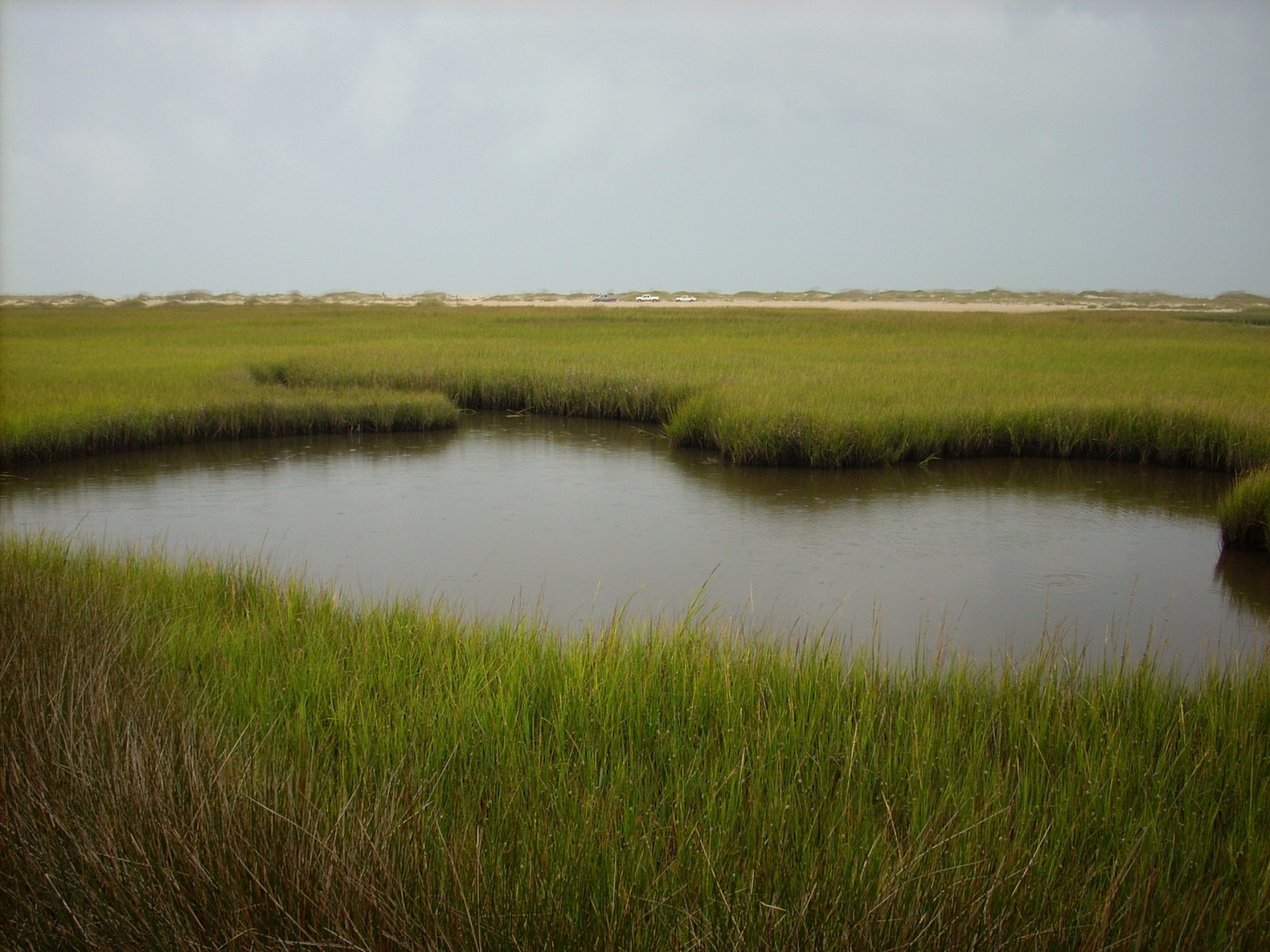While the term blue carbon, referring to carbon stored in saltwater ecosystems, has gained widespread use, the Federation emphasizes the importance of an inclusive carbon strategy that harnesses the interconnectedness between North Carolina’s coastal and forested ecosystems. Our commitment extends beyond preserving and enhancing carbon in conventional blue carbon environments like salt marshes and seagrass beds. We also prioritize the conservation and restoration of carbon in pocosins, peatlands, and terrestrial working lands (farms and forests) within the coastal zone for a more comprehensive approach. We call this approach “coastal carbon”.
The North Carolina Coastal Carbon Collaborative is a new group established by the North Carolina Coastal Federation and Pew Charitable Trusts. The Collaborative consists of public and private stakeholders working to mitigate climate change in North Carolina, with a particular focus on preserving and increasing coastal carbon.
Drawing inspiration from the successful NC Oyster Blueprint, we are developing a Coastal Carbon Blueprint with the support of the North Carolina Coastal Carbon Collaborative. The Blueprint aims to establish a comprehensive carbon management system relevant to NC policy and decision-making, raise awareness of the importance of coastal carbon and the co-benefits of protecting and increasing its stocks, and support coastal projects that have positive coastal carbon co-benefits.



